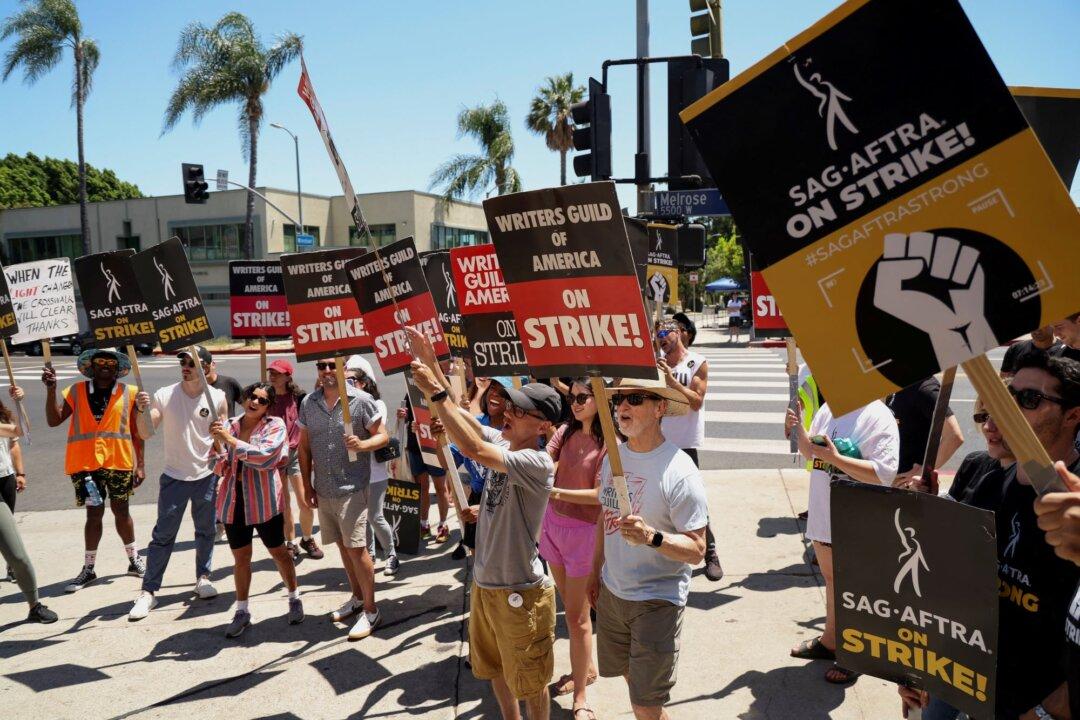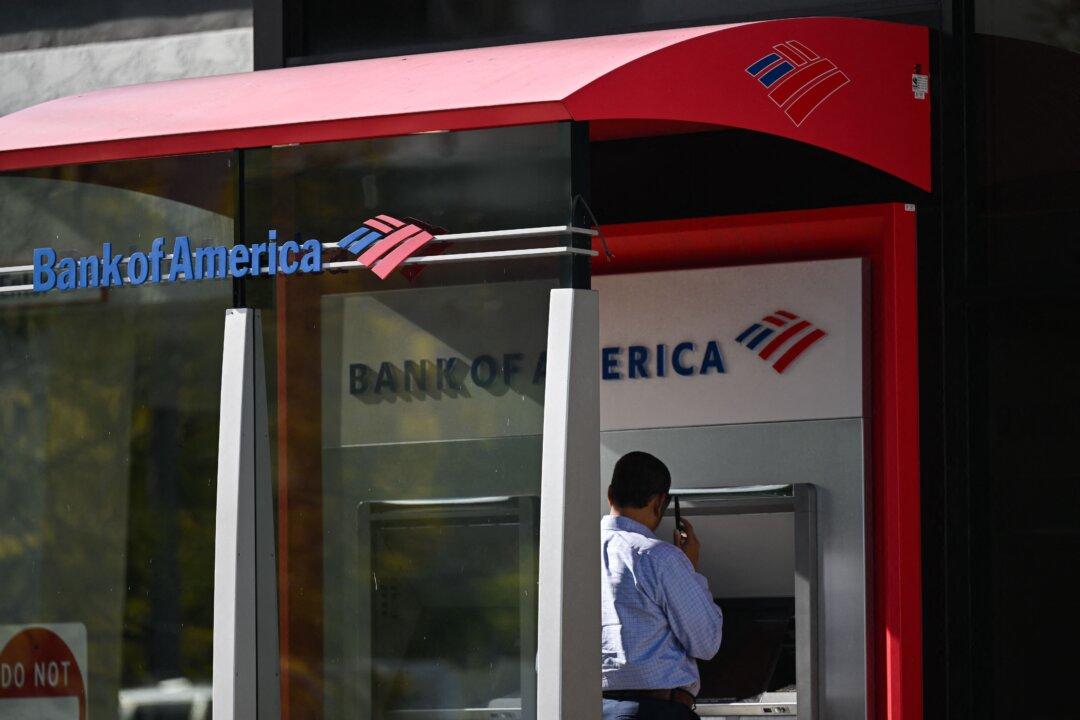Commentary
When I was state Sen. John Moorlach’s press secretary back in 2018, the California Latino Legislative Caucus honored Cheech Marin with a Latino Spirit Award for being a “positive role model.” He also came over to the Senate floor and was lionized by senators of both parties and every ethnic background, who took selfies with the star of “Up in Smoke” and other dope-themed movies and comedy albums.





